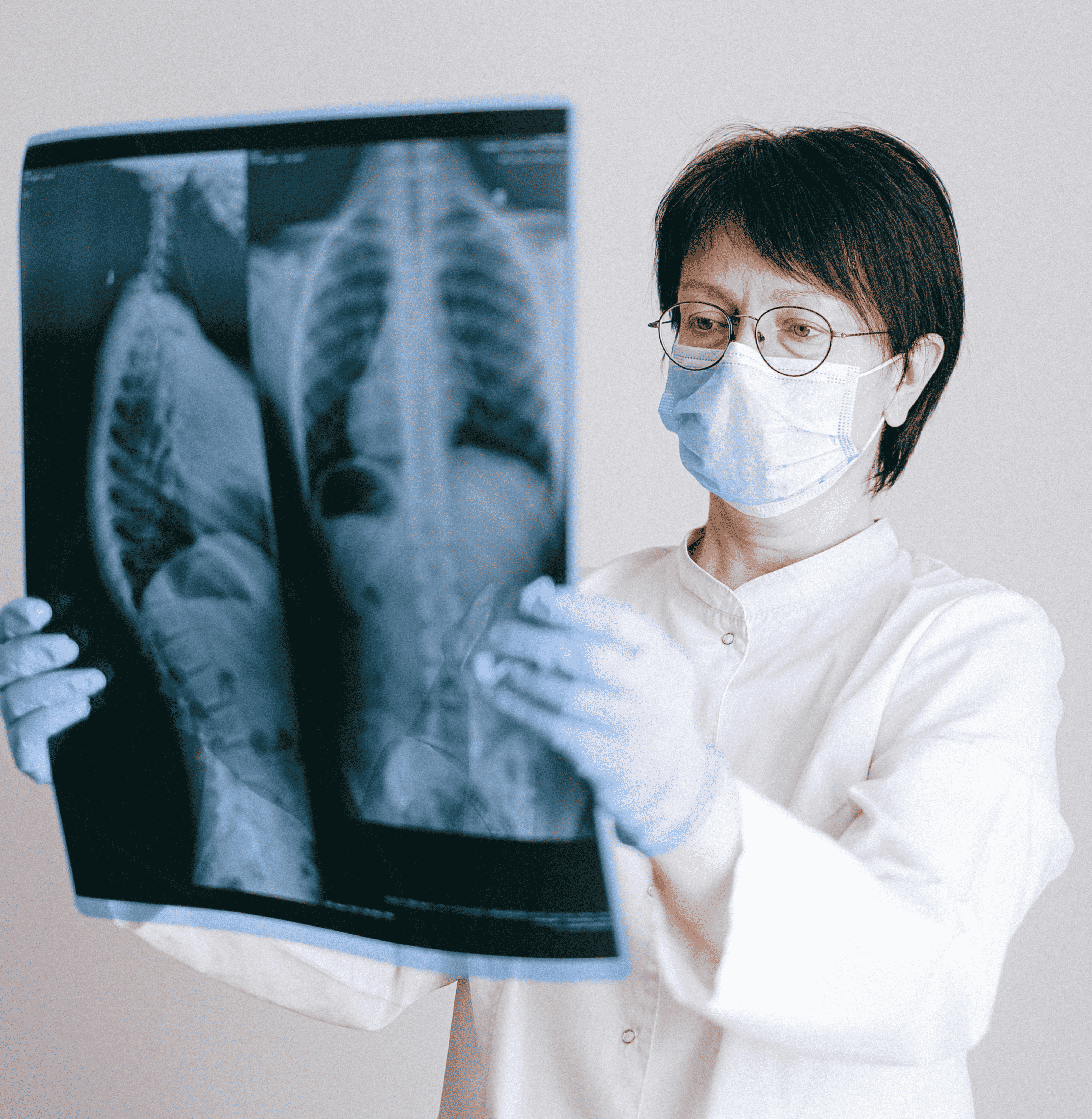
For people with autoimmune diseases such as rheumatoid arthritis or multiple sclerosis, it is often difficult to build up protection after vaccinations. The reason is that the cells of the immune system required for this purpose function less well or are not even present at all.
Scientists from TWINCORE and the Hannover Medical School in Germany have now apparently found a way to successfully vaccinate immunosuppressed people despite this. Based on data obtained in a study, they recommend a promising strategy for COVID-19 vaccination for rheumatoid arthritis patients treated with the drug rituximab.
No antibody formation without B cells
In people with autoimmune diseases such as rheumatoid arthritis or multiple sclerosis, the body’s immune system triggers inflammation. They are usually treated with drugs that remove a specific type of immune cell called B cells. However, it is precisely these B cells that play the most important role in producing antibodies against pathogens during an infection. This group of people is therefore also at risk of infection with the SARS-CoV-2 virus. In addition, patients in whom the production of B cells is suppressed are also unable to produce protective antibodies after vaccination.
Therefore such people are completely dependent on a different type of cell, the cytotoxic T cells. But that, too, can be problematic. “We have seen in patients with rheumatoid arthritis that after B-cell depletion they also show a poorer T-cell response after vaccination than healthy people,” says the study’s principal author, biologist and physician Dr. Theresa Graalmann, a researcher at the Institute for Experimental Infection Research at TWINCORE and an assistant physician at the Department of Rheumatology and Immunology at Hannover Medical School (MHH).
Prof. Ulrich Kalinke, director of the Institute for Experimental Infection Research at TWINCORE, confirms this finding. “We were also able to confirm the same observation in the mouse experiment, so it is a cross-species mechanism. This project is a great example of how clinical studies can be complemented with mouse experiments to draw important conclusions for patients.”
mRNA or vector vaccine
Whether the body responds to the pathogen by producing the messenger type 1 interferon (IFN-I) is critical to the extent to which different immune cell types can communicate with each other. If the body produces IFN-I, B cells are needed for T cell responses. Without IFN-I, T cells don’t need B cells and can provide immune responses on their own. “It’s the same with vaccinations,” Graalmann says. “Depending on the mode of action, T cells function either with or without IFN-I.” Some vaccine protection is also generated by the T cell response alone.
Rituximab is one of the drugs often used to prevent B cells from forming in autoimmune diseases. It works for a period of about six months, after which the body starts making B cells again. “Normally, patients can be vaccinated before they receive the next dose of rituximab,” says Prof. Torsten Witte from the Department of Rheumatology and Immunology at MHH. “Waiting half a year to get the COVID-19 vaccination, however, could be life-threatening for these people. They are particularly at risk of developing severe courses of disease in the event of a coronavirus infection.”
According to Graalmann, however, the mRNA agents from Biontech/Pfizer and Moderna would not be an option for these people. “The mRNA vaccines induce IFN-I, thus it can be assumed that the T cell response will be correspondingly absent in the lack of B cells present. With the vector-based vaccines, no interferon is produced,” he says. Some vaccine protection can be built up, he adds, because there would be a T cell response. “So from our data, we can derive the recommendation that patients treated with rituximab should better be immunized with a vector vaccine to achieve some vaccination success even without B cells,” Graalmann says. The next step for the researchers is to determine whether this concept actually works in clinical trials.
The study was published in the journal Annals of Rheumatic Diseases.
Cover photo: Theresa Graalmann, M.D., is principal author of the study. J. Grabowski © TWINCORE
Also of interest:
Special corona vaccine for people with cancer and immune deficiencies in clinical trials
Vaccine study: Best immune response with combination of Astrazeneca and Biontech
New ways to fight SARS-CoV-2 – Molecule attacks virus







